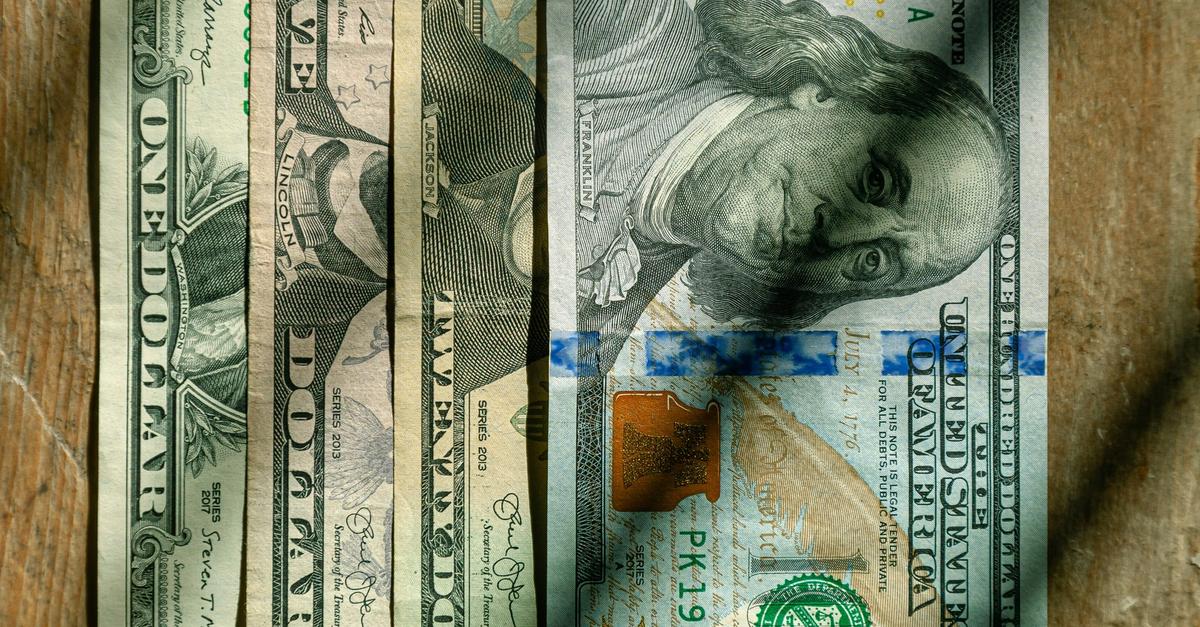Share
What is Inflation?


Inflation refers to an increase in prices with relation to a national currency and the general decrease in the purchasing power of a particular currency. When inflation is low, things are good and the economy has "price stability". In lament’s terms, high inflation is equivalent to high instability in prices. So, when inflation increases, the purchasing power of your dollar decreases. For example: let’s say $6 was able to purchase a loaf of bread and a gallon of milk in the 2021. In 2025 that same loaf of bread and gallon of milk might cost $8 to purchase. This increase in the price of the same goods refers to inflation. This particular basket of goods (milk and bread) has an effective inflation rate of 33.3% over the span of those years.
A Few Things to Note About Inflation
Inflation does not necessarily go hand in hand with everyday consumer pricing and can be disconnected from consumer expectations. As a whole, inflation is calculated via the CPI (although the FED has now begun using PCE data as well), so if for example the price of milk is high, this doesn’t necessarily mean that inflation is “high” at this exact moment in time. Inflation is based on a diversified basket of different consumer goods. Moreover, a common consumer’s view of inflation and “real rates of inflation” can often times become very disjointed since there also tends to be a lag in the data.
The real Inflation rate is known to have a very significant lag/delay. Increases in inflation take quite some time to form in the economy. Inflation does not rear its head immediately, it can sometimes take months and months for substantial changes in the rate of inflation to occur.
Inflation is highly dependent on “inflation expectations”. This is extremely important! If the economy expects little to no inflation, then this typically becomes a self-fulfilling prophecy and inflation does not change much. And vice versa.
Some of the Most Notable Examples of Inflation/Hyperinflation
Tulip Mania
A “bubble” experienced during the Dutch Golden Age. In this instance, the prices of tulip bulbs soared to astronomical prices and eventually crashed in February 1637.
Weimar Republic
This was a period of time during Germany (1921-1923) in which the value of the German Mark rose dramatically day to day. At one point it got so bad that a full wheelbarrow of marks would not be enough to purchase a newspaper.
What Does Inflation Mean for Investors?
Inflation means that investors currently holding excess reserves of cash in nominal interest accruing accounts (even high yield savings) are slowly losing purchasing power on their dollar. During high periods of inflation, it is usually best for investors to put their money in commodities, different asset classes like real estate, equities, cryptocurrencies, etc.
How Should One Approach Investing for Inflation?
Real estate and commodities are the assets classes that tend to shine most during period of prolonged inflation. Commodities in particular tend to have outsized returns during high inflation times. Bitcoin and other cryptocurrencies may be also be a good hedge against inflation, however, the price of these assets have appreciated so much recently. Moreover, cryptocurrencies appear to be a “risk on” asset class in the current market, so if equities see a substantial correction, it may also be likely that cryptos follow suit.
Real estate and commodities are the assets classes that tend to shine most during period of prolonged inflation. Commodities in particular tend to have outsized returns during high inflation times. Bitcoin and other cryptocurrencies may be also be a good hedge against inflation, however, the price of these assets have appreciated so much recently. Moreover, cryptocurrencies appear to be a “risk on” asset class in the current market, so if equities see a substantial correction, it may also be likely that cryptos follow suit.
Is There Anything We Can Do to Prepare for Inflation If It Comes Back?
Besides managing our lifestyle inflation, there isn't always so much we can do to prepare for inflation except try our best to manage our finances and try to account for the changes within our budget. We can try to buy or invest more in assets that tend to help fight against inflation but for the most part, there's only so much that will do. If the prices of goods are high they're to be high for everyone else as well.